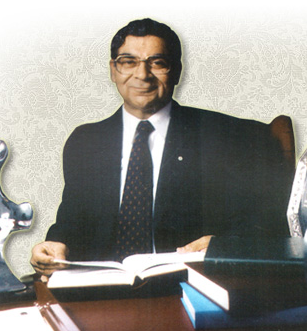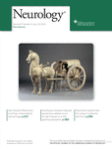 A prominent cancer researcher in England has been banned from practicing medicine and has lost his funding from a UK charity after being found to have fabricated data in grant applications.
A prominent cancer researcher in England has been banned from practicing medicine and has lost his funding from a UK charity after being found to have fabricated data in grant applications.
The moves against the researcher, Thorsten Hagemann, come after investigations by the General Medical Council, akin to a U.S. state medical board, and Hagemann’s former institution, Queen Mary University of London (QMUL), turned up evidence of misconduct. In June, we reported on the retraction of a meeting abstract in The Journal of Pathology and the corrigendum of a Nature paper by Hagemann following the inquiry at QMUL.
A spokesperson from the Medical Practitioners Tribunal Service told the Evening Standard: Continue reading UK doctor banned from practice after fabricating data in grant applications
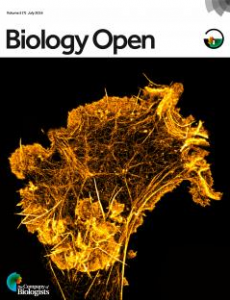

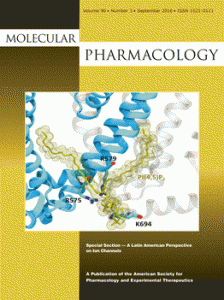

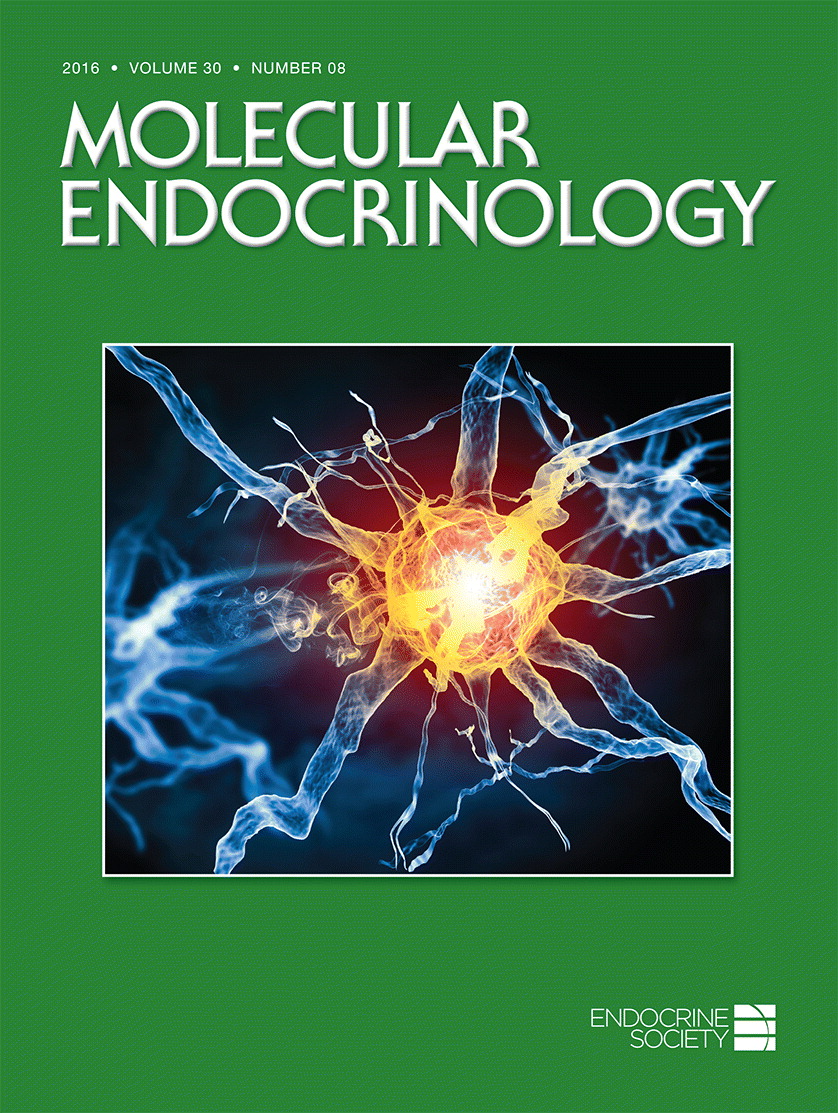 A research fellow at Harvard Medical School
A research fellow at Harvard Medical School 
